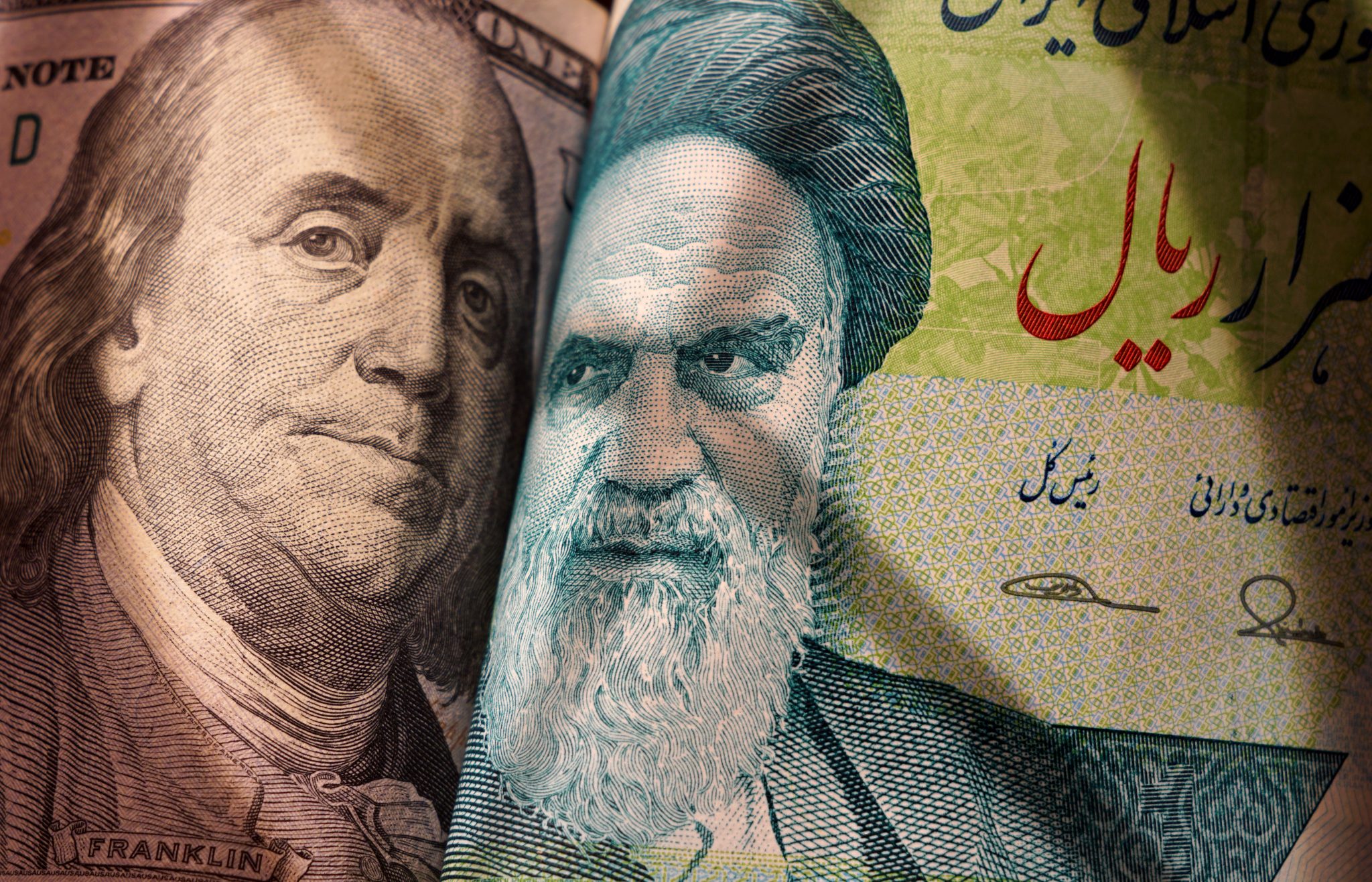US Involvement in Iran-Israel Conflict

What happens when tensions explode into direct action? Israel’s recent precision strike on Iran’s covert military facility provides a chilling answer with broader implications for regional stability and U.S. involvement.
At a Glance
- Israel’s strike eliminated senior Iranian military leaders and top-ranked scientists.
- The operation aimed to halt Iran’s nuclear weapons development.
- Iran’s retaliatory missile strikes caused significant damage in Israeli cities.
- Tensions in the Middle East have escalated, with potential for further conflict.
Israel’s Strategic Strike Against Iran
In a highly significant military operation, Israel targeted Iranian nuclear sites and eliminated key Iranian military figures. This move, part of Operation Rising Lion, represents Israel’s calculated response to perceived threats from Iran’s military advancements. According to various sources, the Israeli Air Force executed precise airstrikes on critical locations, including radar installations and missile launchers. This initiative underscores the volatile military dynamics and Israel’s commitment to national defense measures.
The Israeli offensive culminated in the death of Major General Ali Shademani and other high-ranking Iranian officials. Israel’s plan was reportedly in the making for several months, and its execution not only targeted Iran’s military capabilities but also its nuclear development facilities in Natanz and Fordo. Israeli Prime Minister Benjamin Netanyahu labeled these actions essential to Israel’s survival amidst Iranian threats.
Iran’s Response and Limitations
While Iran did retaliate with ballistic missiles striking Tel Aviv and Rishon Lezion, causing casualties and substantial infrastructure damage, their broader capacity for retaliation remains impaired. Current challenges within Iran’s defense systems have limited their ability to mount a fully-fledged military response. However, this has not muted their condemnation, as expressed by Iran’s Supreme Leader Ayatollah Khamenei, who vowed consequences for the “great crime” against his nation.
“We will not allow them to escape safely from this great crime they committed.” Source
This conflict drew international attention, with the UN Security Council holding emergency sessions, calling for de-escalation amid global concerns. The United States has also made its position clear, urging Iran to negotiate on its nuclear program while repositioning military resources throughout the Middle East to counter any Iranian escalation.
U.S. Involvement and Regional Implications
The United States, under former President Donald Trump, has maintained a hardline stance on Iran’s nuclear ambition. Trump’s recent demands for Iran’s unconditional surrender reflect his administration’s continued strategy to restrain Iran’s nuclear program. This tension stirs the possibility for greater U.S. military involvement, as strategic interests align with Israel’s regional security concerns.
“President Donald Trump has demanded the “unconditional surrender” of the Iranian regime.” Source
The current climate indicates a precarious path forward with increased potential for further military engagement. Israel has signaled readiness for ongoing operations if inevitably provoked, and Iran’s weakened military posture may incite additional strategic responses. The next maneuvers by both nations will undoubtedly impact the broader backdrop of Middle Eastern geopolitics and international diplomatic efforts toward conflict resolution.
